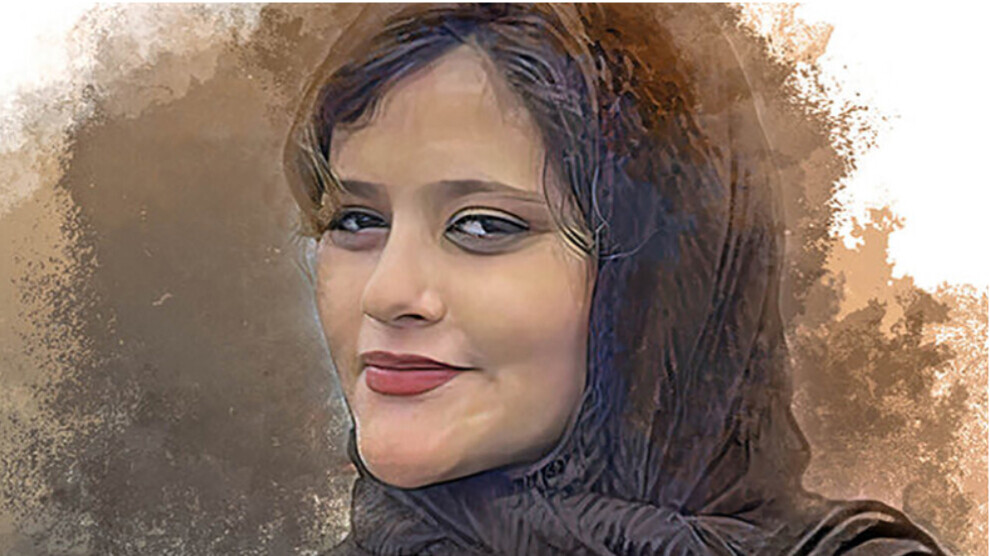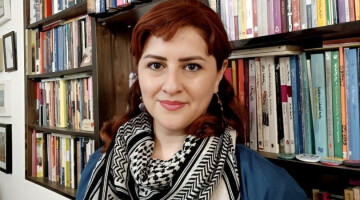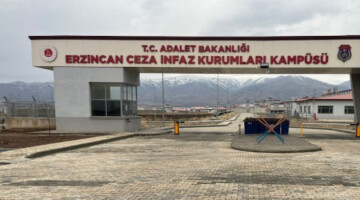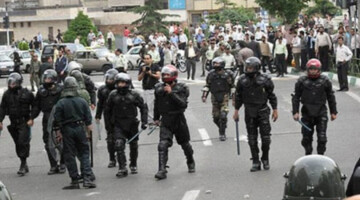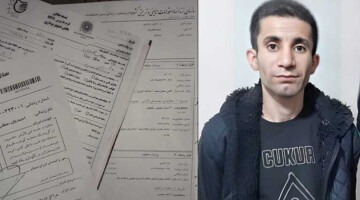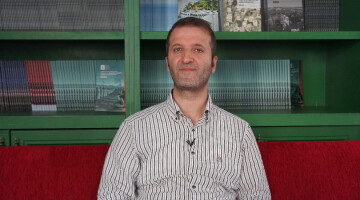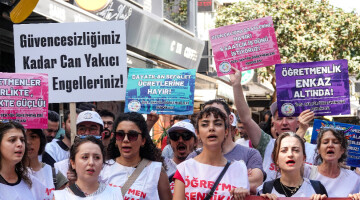The 2023 Sakharov Prize for Freedom of Thought was awarded to Jina Mahsa Amini and the “Jin, Jiyan, Azadi” (Woman, Life, Freedom) Movement in Iran. The family of the slain Kurdish woman is not allowed to leave the country to receive the prize.
The Islamic Republic's authorities have barred the family of Mahsa Amini from leaving Iran to attend a ceremony in France, where she is to be honored with the prestigious Sakharov Prize, IranWire reported.
Hours before Amini's family was set to depart for France on December 8, authorities at Imam Khomeini International Airport prevented them from boarding their flight, according to the report.
Authoeiries confiscated their passports and informed them that they were not authorized to leave the country, according to IranWire sources.
Amini's family has been repeatedly questioned and security forces violently clashed with Mahsa'a brother, Kiarash, on previous occasions. He suffered injuries in the clashes.
Their lawyer, Saleh Nikbakht, was en route to France to accept the prize Friday evening.
Previously, Amjad Amini, Mahsa's father, said that "Jina's name has evolved into a symbol of freedom and equality worldwide."
Amini's family is now stranded in Iran and has been told to report to the passport office on Sunday for further questioning.
The exact reasons behind this decision remain unclear, but it is widely believed to be a politically-motivated move aimed at silencing Amini's family and suppressing the burgeoning women's rights movement in Iran.
An Iranian court sentenced the legal representative of the family to one year in prison for "propaganda activity" against the Islamic Republic in October.
Branch 28 of the Islamic Revolution Court of Tehran also banned Saleh Nikbakht from online activities for two years.
Nikbakht, 72, was put on trial over interviews he gave to domestic and foreign media, in which he criticized the government's handling of Mahsa Amini’s death and its aftermath.
Background
22-year-old Kurdish woman Jina Mahsa Amini was arrested by the so-called morality police on 13 September 2022 during a family visit in the Iranian capital Tehran because she did not wear her hijab as prescribed. She was severely tortured and fell into a coma in custody, and died on 16 September at the intensive care unit of Kasra Hospital in Tehran.
The state femicide of Jina Mahsa Amini triggered a revolution under the motto "Jin, Jiyan, Azadî" (Woman, Life, Freedom) across the country. The women-led uprisings that spread from Rojhilat to the whole of Iran have created an irreversible revolution in people's minds, resulting in the deaths of at least 500 people and injuries to thousands more, while over 20,000 people were unlawfully detained, including dozens of lawyers.
Despite the family’s complaint against those responsible for Amini’s death, no action has been taken so far. Following biased trials, the judiciary has handed down stiff sentences, including the death penalty, to protesters. The Islamic Republic authorities have so far executed at least eight young protesters.
Following the Iranian regime’s brutal crackdown on the protests, the European Parliament has repeatedly condemned the dire human rights situation in the country.
In October 2022, MEPs called for sanctions against Iranian officials involved in both Jina Mahsa Amini’s death and the regime’s repression, and expressed their strong support for the peaceful protest movement in Iran.
In January 2023, MEPs demanded more sanctions against the Iranian regime and for the EU to place the Islamic Revolutionary Guard Corps on its terrorist list.

